National Institute of Statistics of Rwanda (NISR), PARIS21, and the Gender Monitoring Office (GMO) joined forces to launch the Gender Data Lab Initiative, a project made possible with financial support from UNDP, GIZ and PARIS21. With the overarching theme of institutionalizing evidence-informed policymaking for gender equality, this initiative aimed to address the critical gap in gender data utilization and exploration to facilitate evidence-based policy formulation.
Therese Uwimana, the director of data revolution and big data at NISR, emphasized the significance of the Gender Data Lab in simplifying data accessibility for users. She highlighted the importance of linking gender data to national datasets, streamlining information dissemination, and ensuring data consistency, ultimately facilitating informed decision-making processes.
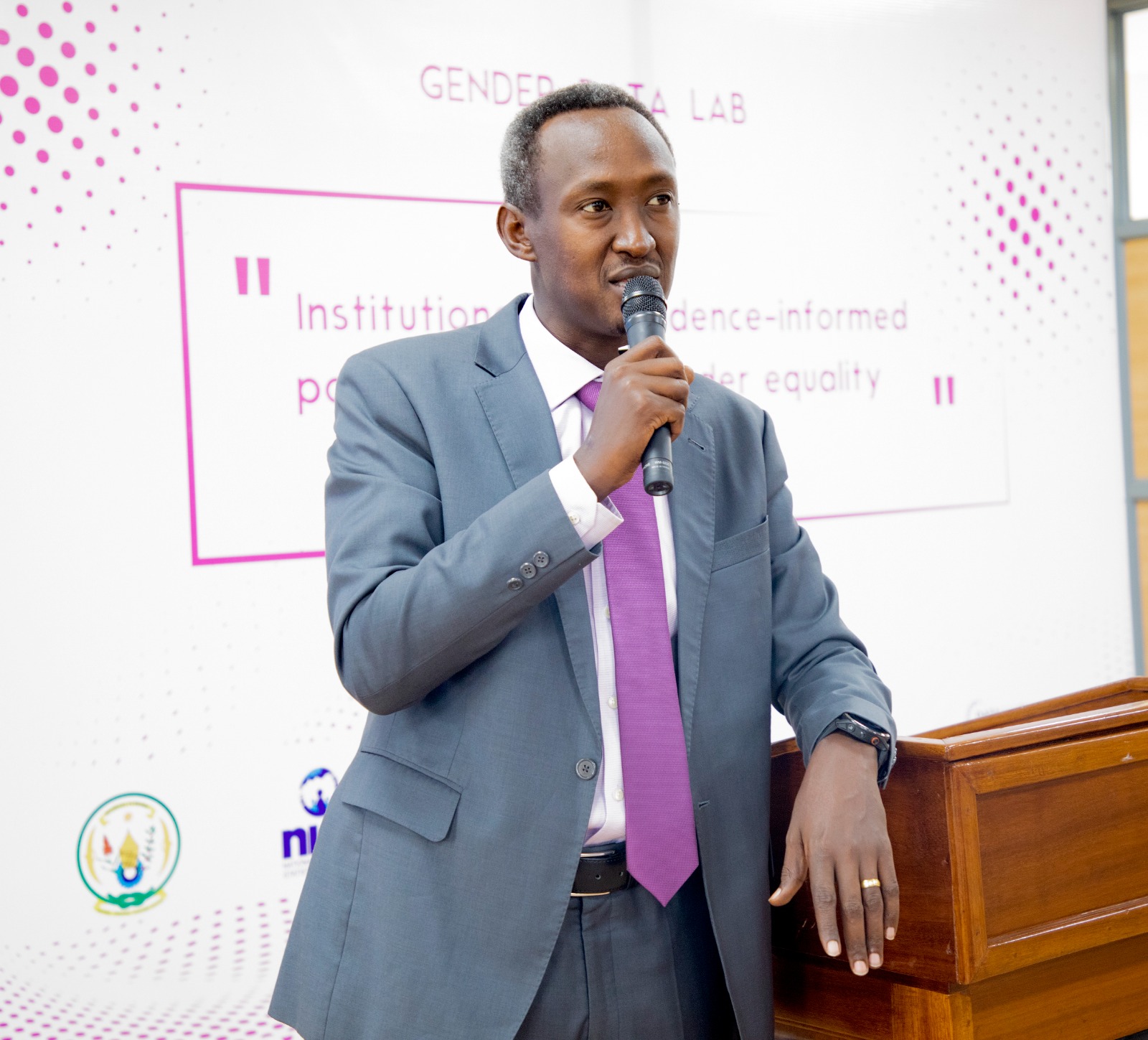
The Deputy Director-General Ivan Murenzi at NISR shed light on the challenges that led to the inception of the Gender Data Lab. Despite the extensive production of statistics, the DDG expressed concerns over the limited accessibility and utilization of gender data. Recognizing the need for innovative solutions, the Gender Data Lab initiative was born to harness the untapped potential of existing data resources.
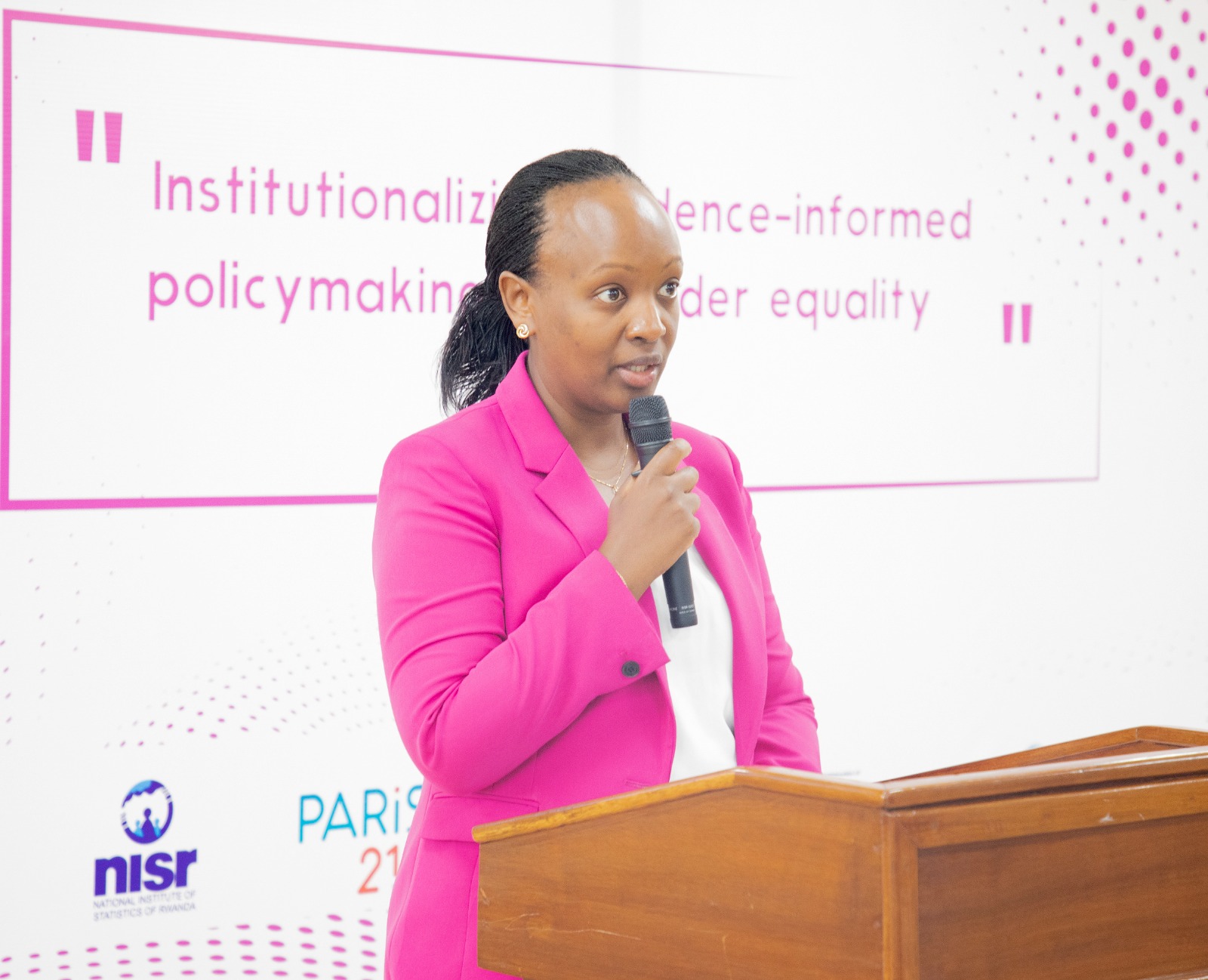
The Chief Gender Monitor Umutoni Gatsinzi Nadine emphasized the pivotal role of the Gender Data Lab in evidence-based decision-making. Despite strides towards gender equality, challenges persisted, including limited user capacity and fragmented data utilization. By leveraging the Gender Data Lab platform, stakeholders could bridge these gaps, fostering a more inclusive and equitable policy landscape.
Philippe Gafishi, the inter-regional advisor at PARIS21, underscored the transformative potential of the Gender Data Lab in enhancing data accessibility. By centralizing gender-disaggregated data and automating reporting processes, the initiative promised innovation and efficiency. Gafishi emphasized the importance of leveraging existing information to drive meaningful change, highlighting the Gender Data Lab as a catalyst for progress.
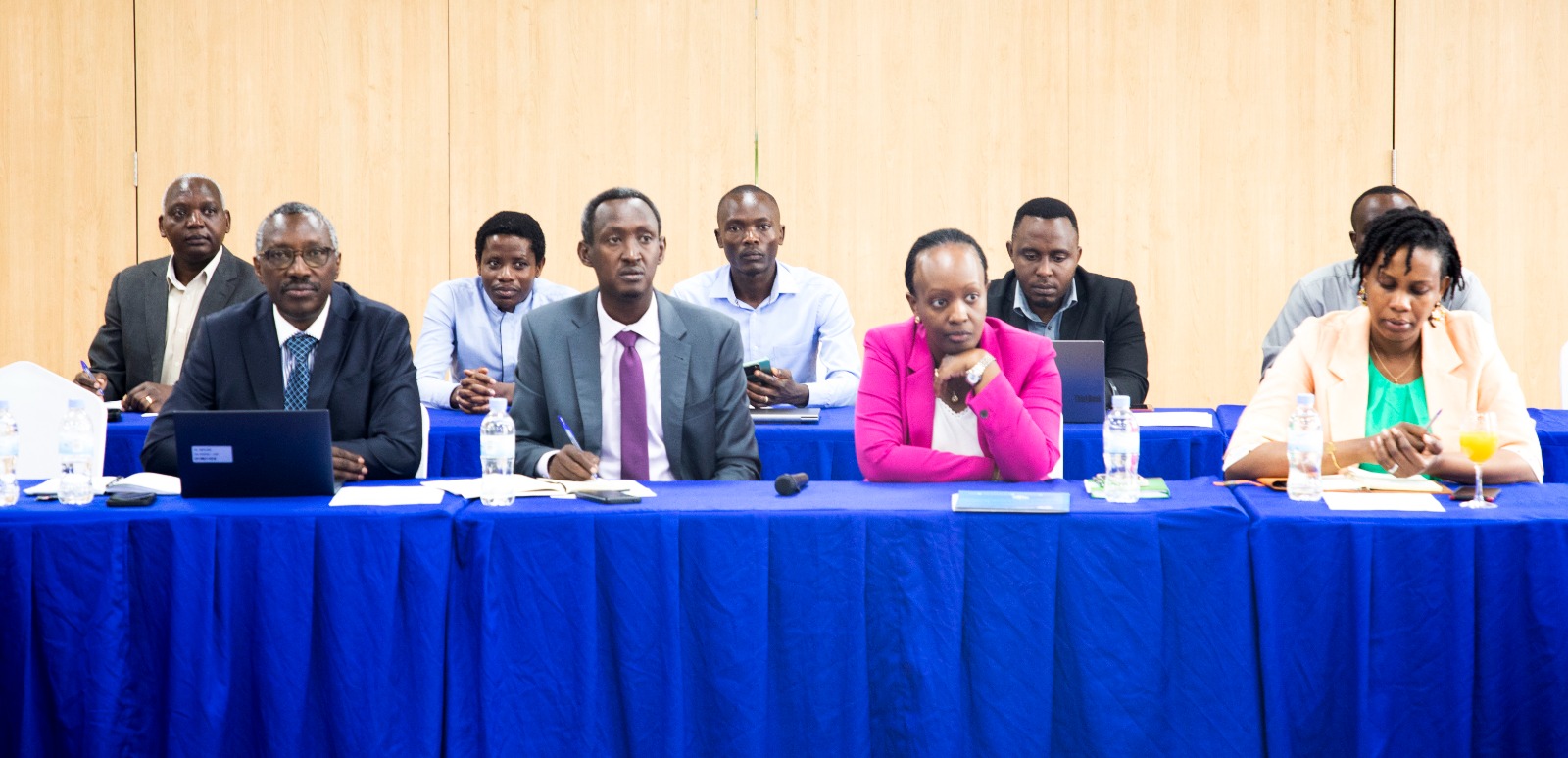
Through the collaborative efforts of NISR, PARIS21, and GMO, the Gender Data Lab Initiative heralded a new era of data-driven policymaking for gender equality. By harnessing the power of technology, innovation, and collaboration, the initiative aimed to revolutionize the utilization of gender data, paving the way for more informed, inclusive, and equitable policy decisions.
Mukantwali Magnifique

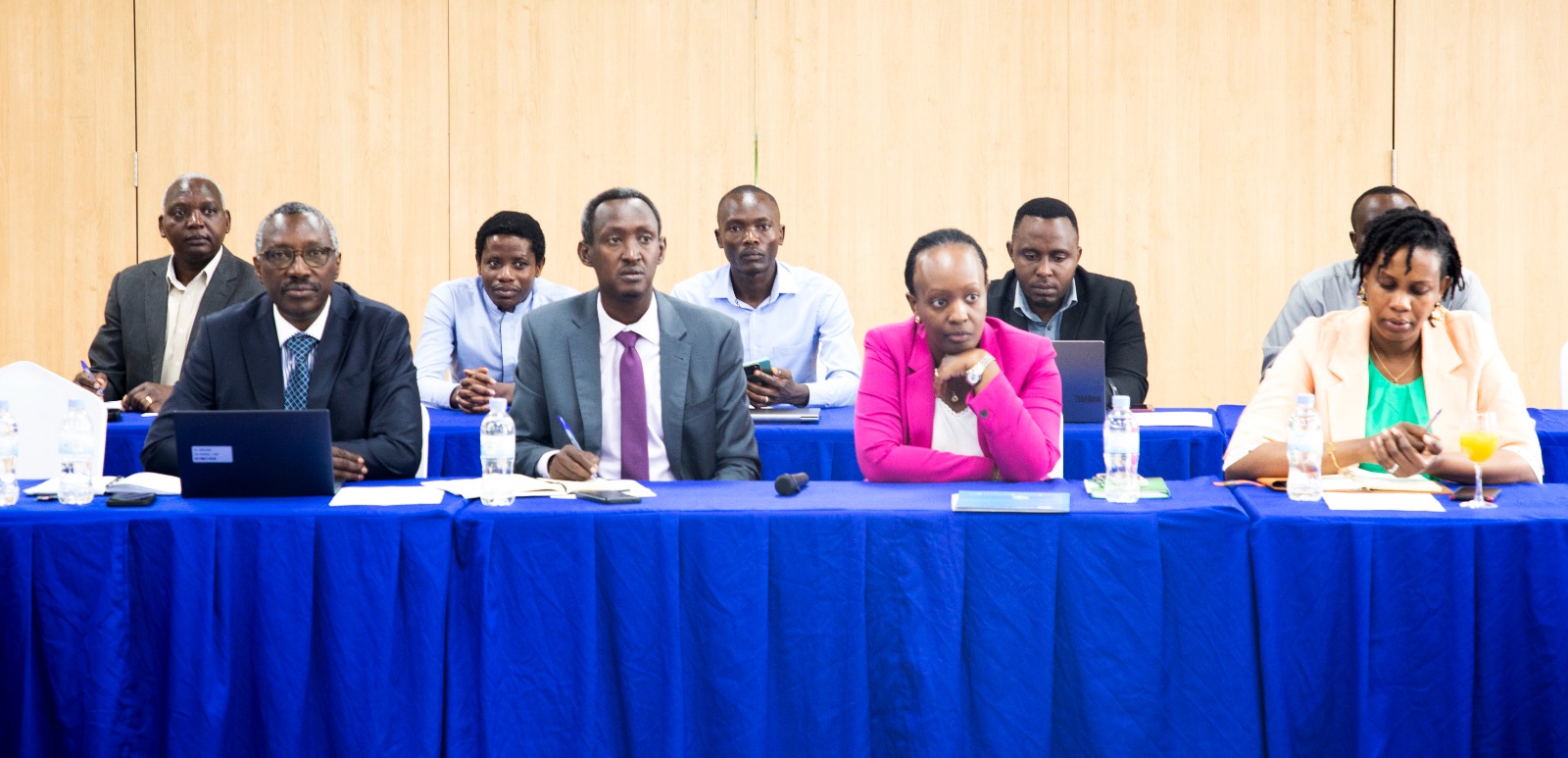
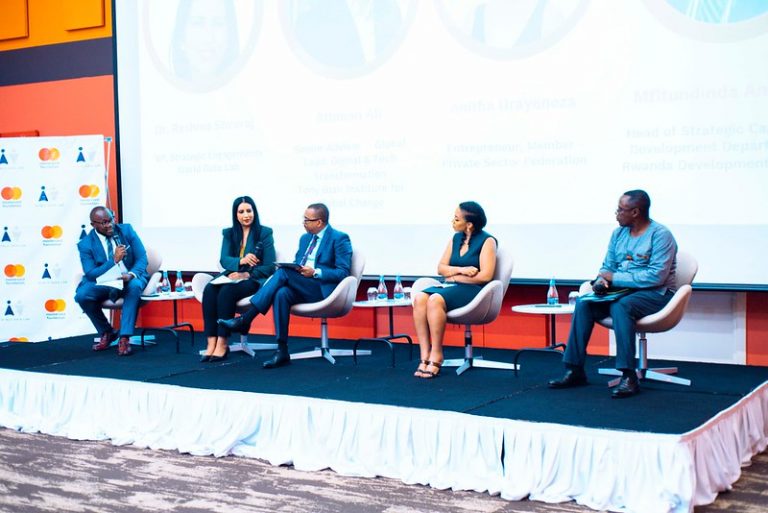
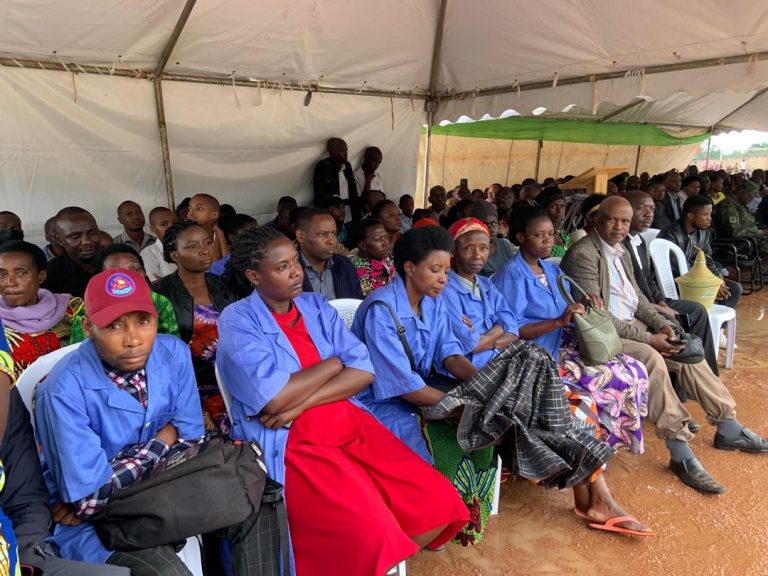



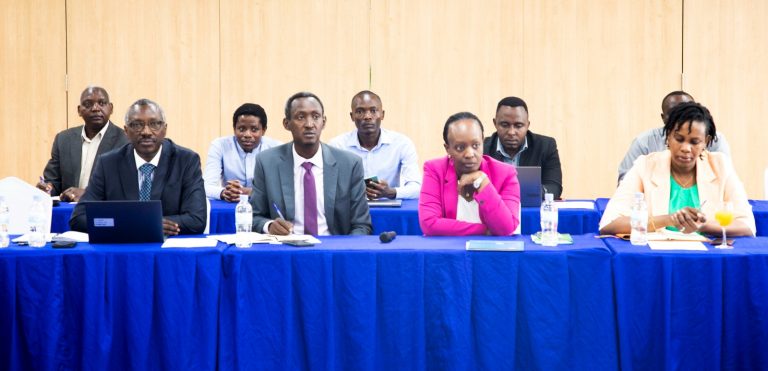
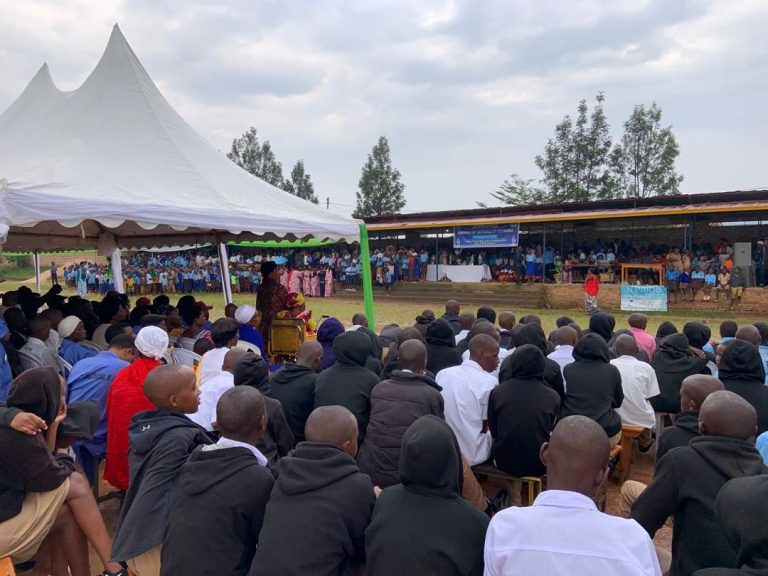


+ There are no comments
Add yours